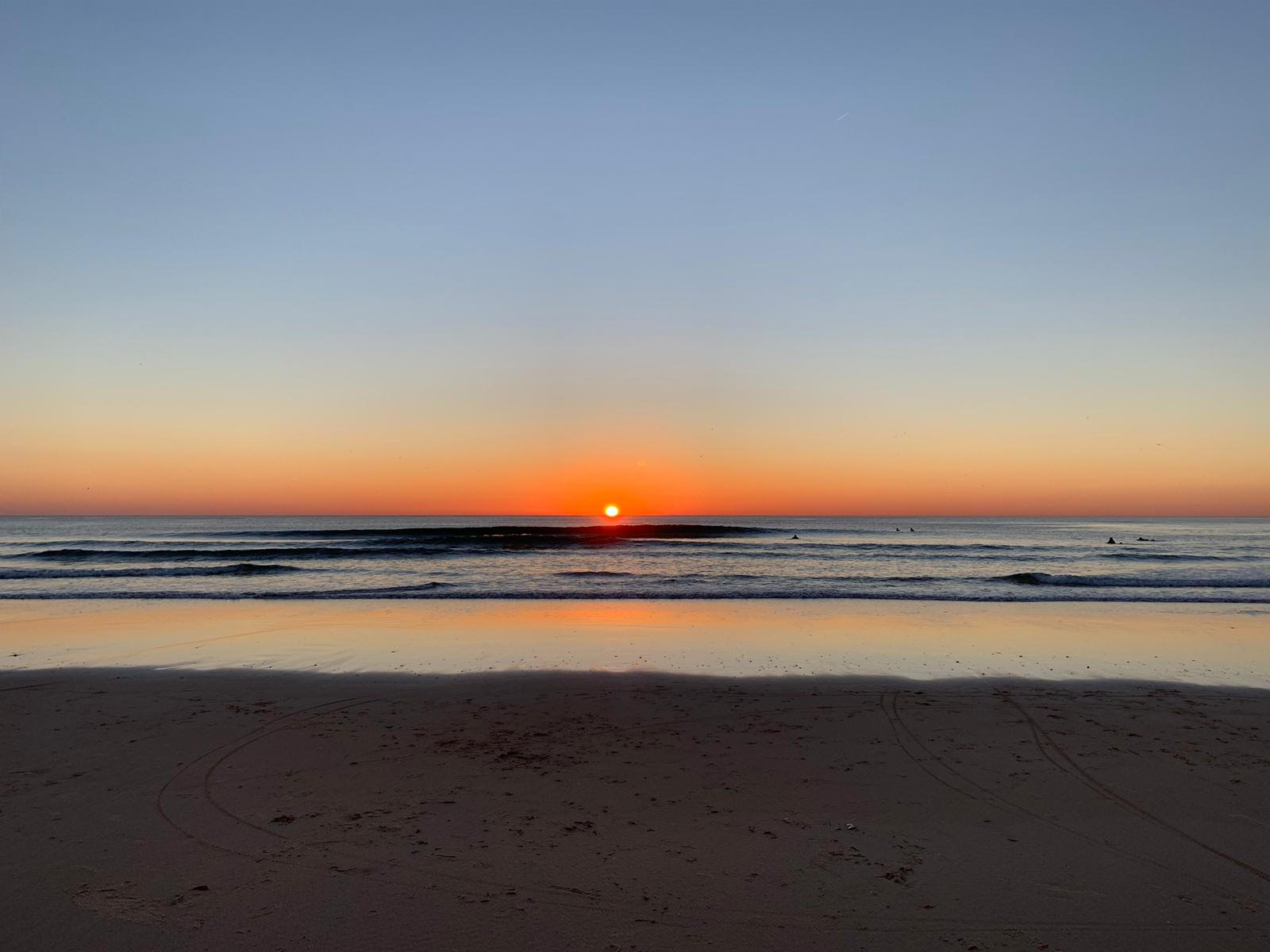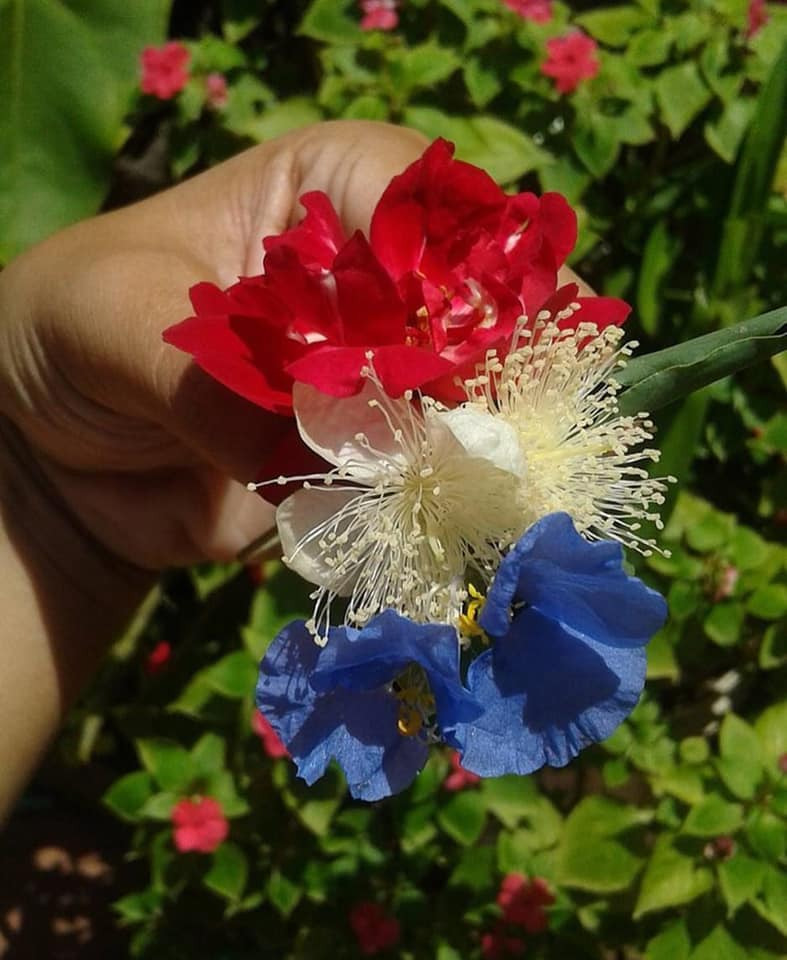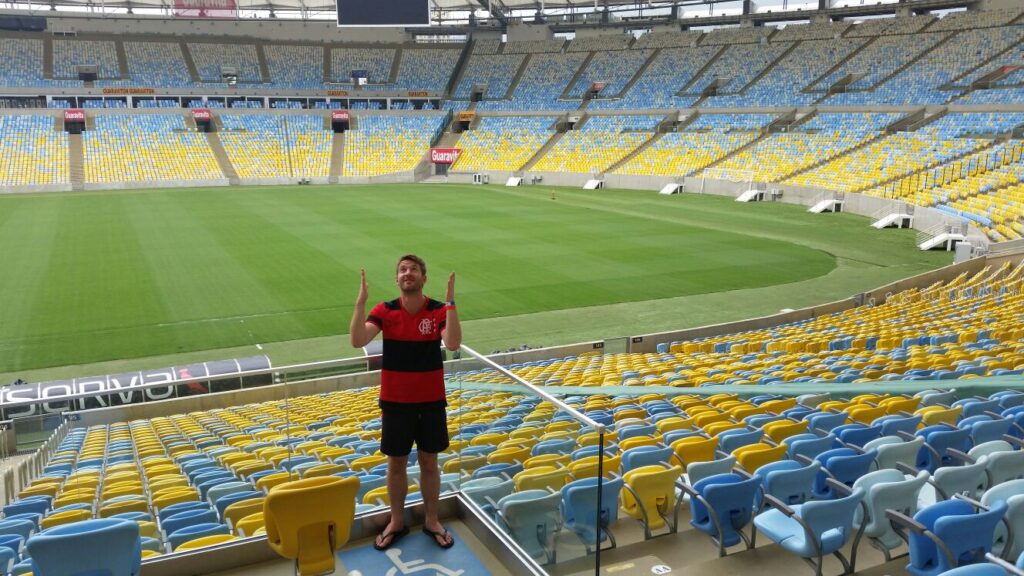Every so often we’ll pop an imaginary coin of a spurious currency in our metaphorical jukebox and bring you a song with a story (and a translation, of course). A personal favourite of mine, mixing my two favorite passions beyond the obvious.
By Simon Laing 21/01/2021
Track 1: Jorge Ben Jor – O Camisa 10 da Gavea (1976/Philips)
I grew up with what I would certainly call a certain image of what the football song entailed. It’s a perception moulded as much by current hindsight as a lived experience, especially given that I grew up in what you might call a ‘heyday’ for the tired FA Cup Song / World Cup mediocrity march. There was The Anfield Rap, a quirky, kitsch but fun nod to the emergence of Hip Hop in the British consciousness of the time and, of course, World in Motion by New Order; a genuinely catchy, legitimate pop song with credible performances by the England players; John Barnes, in particular, showing in both videos that his mercurial skills extended well beyond the pitch.
These, however, are anomalies sandwiched between decades of scaled-down football chants over Methodist-hymn melodies and an assmebled choir of footballers with facial expressions ranging from bewildered to surly to nonplussed (maybe the odd smile for the camera) and a palpable unwillingness to show vocal range.
Then there’s Brazil. The English, with some justififcation, can without doubt be very proud of their contribution to both football and music (and football songs). Brazil, if not arguably a bigger producer in terms of diversity and quantity of music, cannot be denied its universally acknowledged status as a point of reference for football conoisseurs, if not the overused and lapsed moniker of ‘the spiritual home of football’.
Here we’re treated to not only a fantastic composition showcasing the best of the Afro-Brazil sound sweeping the country and catching the attention of music lovers around the world at the time, but a eulogy to a game, to its fans and to the wonder created by one man: O Camisa 10 da Gávea (The number 10 from Gávea ), Zico.
Jorge Ben Jor, a long-established pioneer and star of several musical movements for over a decade and committed fan of Flamengo, delivers this homage to the club’s unquestionably biggest star in a way that at times walks the line of cringey with its adulation, but simultaneously expresses the genuine joy brought to the tens of thousands in the Maracanã and millions beyond. Not to mention the almost tropical-orchestral composition that flows with the acutely described kineticism and emotions of singer and fan alike; one and the same.
The opening lines, with a serpentine bassline, cuica and whistles : ‘É falta na entrada da área/Adivinha quem vai bater? (There’s a free kick on the edge of the box/Guess who’s going to take it)‘ set the tone perfectly. As if we didn’t know who was going to take it? The number (shirt) 10 from Gávea, the bohemian, artistic district of Rio and location of the club’s original stadium or O Galinho do Quintinho (The Little Rooster from Quintino), the actual district from which our protagonist hails; Arthur Antunes Coimbra or Zico, to conclude his litany of tags.
‘Como flash eletrizante (like a lightning bolt)’, ‘Dribles desconcertantes (bewildering dribbles)’ just some of the descriptions lacing the pacy African-Brazilian percussion and irresistible hooks as the Portuguese speaker can crack a sardonic smile at the florid descriptions of this apparently godlike being, the football fan, a misty-eyed look back at one of the game’s finest players, but the clincher is anyone can enjoy this near four minutes of one of Brazil’s national treasures confessing his adulation for another. Football, music and Brazil; it’s how I started my journey.
Translation below. from Portuguese to English by PokoPeko/Simon Laing.
Find out more about translations here, email us at: info@pokopeko.com or follow us on Social Media.





